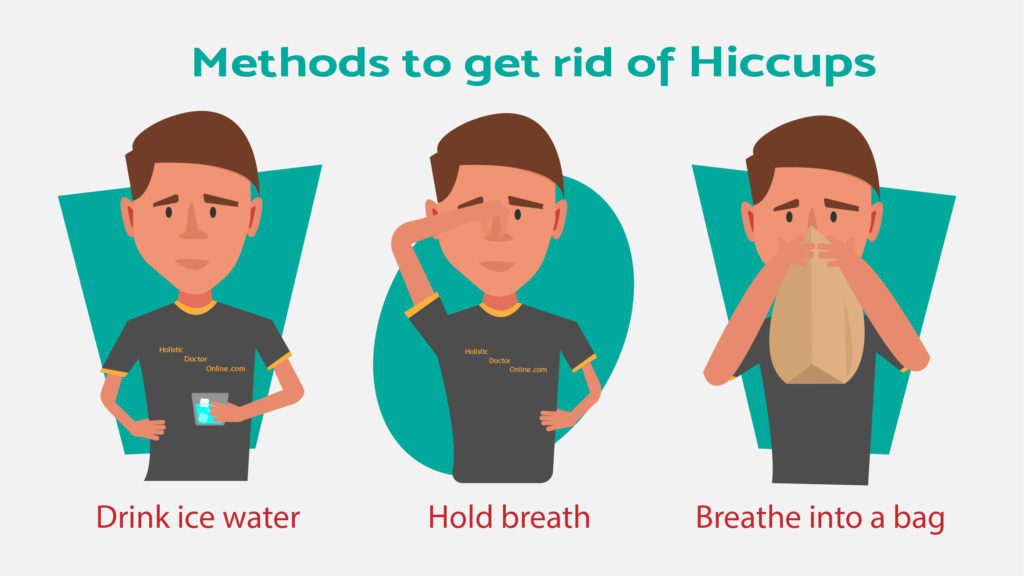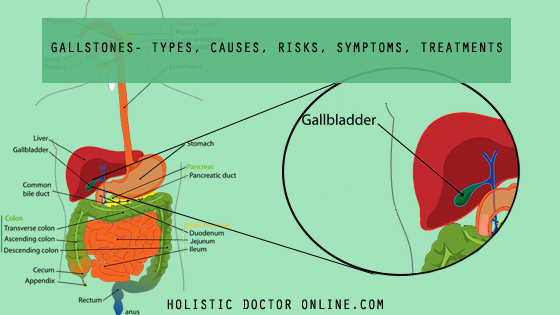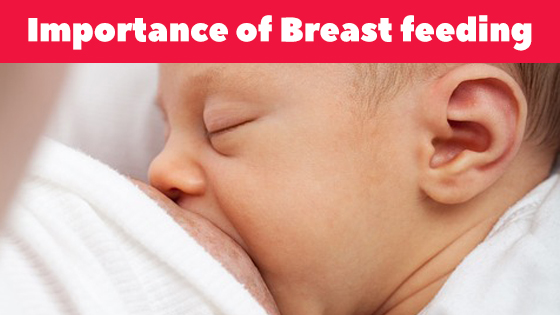Hiccup (Hiccough)
What is hiccup?
Hiccup is the sound produced during the sudden involuntary contraction (spasm) of the respiratory muscles (The diaphragm and the intercostals muscles) and closure of the glottis.
The contraction of the respiratory muscles makes the person take a quick gulp of air. The sudden rush of air is cut off by the closure of glottis producing the characteristic sound of hiccup.
What are the other names for hiccup?
Hiccup can be otherwise called as hiccough or singultus or diaphragmatic spasm.
Who will get hiccup?
Anybody can get hiccup. Occasional hiccup is normal and self limiting.
What are the types of hiccup?
Acute Hiccup – lasts up to 48 hours.
Persistent Hiccup – lasts for more than 48 hours (2 days).
Intractable Hiccup – lasts for more than 2 months.
What are the causes of hiccup?
Hiccups can be caused by the irritation of the nerve supply to the diaphragm (the vagus nerve or the phrenic nerve).
The following can irritate the diaphragm and produce hiccups.
Drinking carbonated beverages, drinking excess alcohol, over eating, blotted belly, hot spicy food, and swallowing air while drinking or eating etc can induce hiccups.
Intractable hiccup may be due to the conditions shown below:
Metabolic causes: Kidney problems, uncontrolled diabetes and uremia.
Cardiac causes: Heart Attack, aortic aneurism,
Thoracic causes: substernal thyroid gland, mediastinal lymph nodes, pleural infections and infection of lungs like pneumonia.
Abdominal causes: Enlarged liver, liver abscess, peritoneal infection, hiatus hernia and gastro oesophagial reflux disease and acute gastritis.
Neurological causes: Brain Tumor, Meningitis, encephalitis and damage to nerves.
Toxemia: High Fever, septicemia etc,
Psychological causes: Mental Stress, Anxiety, Neurosis and Hysteria can produce Hiccups.
When to consult a physician for hiccup?
When hiccups becomes persistent and intractable physician has to be consulted to find out the cause of hiccups and treat it.
What are the investigations to be done?
No tests are necessary for occasional acute hiccups.
For persistent or intractable hiccups all the routine investigations are to be done.
ECG (Electrocardiogram) and Echocardiogram to rule out heart attack and other heart problems.
Ultrasound scans of abdomen and chest to rule out chest and abdominal problems.
X-Ray chest can be taken.
Blood tests like kidney function tests ( blood urea and serum creatinine) and Liver function tests are done.
CT scan or MRI scan of brain are done to rule out cerebral problems.
What is the treatment for hiccups?
When the Hiccup is mild the following natural therapy can be tried:
Drinking ice cold water or gargling with ice cold water.
Biting or chewing lemon.
Closing the nostril and holding breath as long as possible.
Pulling out the tongue (Forcible traction of the tongue).
Breathing in and out into a paper bag.
Giving mild pressure to the eye balls.
Swallowing granulated sugar.
Inducing sneeze or irritating the throat.
Giving pressure to diaphragm by pulling up the knee to chest and holding it tight to the chest for some time.
Treatment for persistent and intractable hiccups
When the hiccup persists it better to consult physician and follow his advice.
Numerous medicines are available and the physicians prefer Chlorpromazine.
Diaphragmatic irritation can be treated with Beclofan, haloperidol and Sodium valproate.
For gastro oesophageal reflux and flatulence proton pump inhibitors,H2 receptor antagonists prokinetcis like metaclopramide, and semithicone can be used.
Nebulization with 0.9% normal saline can be tried.
If there is a treatable cause, treat it.





